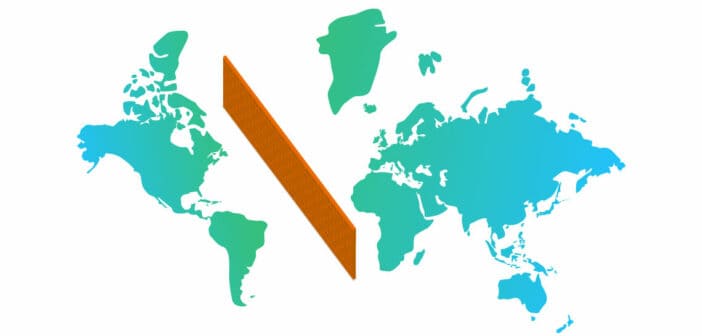At 6 a.m. on September 8, the German Twitter user @pauli_zoo was awoken by six police officers demanding access to his home. They were there to gather evidence for a criminal investigation. What potential crime prompted this? Calling the interior and sports minister for the city of Hamburg “a dick” on Twitter.
This is hardly the first time that Germany’s strict laws against speech crimes, including bans on defamation and incitement to hatred, hit the headlines. In June 2020, the German police union filed a criminal complaint against the newspaper Tageszeitung, claiming that it had incited hatred by publishing a column comparing the police to “trash” that should be “thrown in the landfill.” In 2017, Germany adopted the German Network Enforcement Act, a law obliging online platforms to remove “manifestly illegal” content within 24 hours or risk hefty fines.
Nor is Germany the only European democracy to crack down on offensive speech. In September, for example, a French court fined an activist €10,000 for depicting President Emmanuel Macron as Hitler on billboards protesting France’s COVID-19 policies. And last November, Europol, the European Union’s law enforcement agency, coordinated a clampdown on online hate speech in Germany, Italy, France, Greece, Norway, Britain, and the Czech Republic. In Germany alone, police searched more than 80 dwellings, seizing smartphones and laptops, while 96 suspects were questioned about hateful posts that included “insulting a female politician.”
To many Americans, the European approach to policing speech is anathema to the civil libertarian impulses undergirding the First Amendment. To others, importing European-style restrictions might sometimes seem enticing as a way to fight extremism and disinformation at a time when American democracy seems to be in crisis. Ultimately, Americans should recognize that robust free speech is a value worth defending, even if it comes with significant costs and tradeoffs.
Read the full piece by Executive Director Jacob Mchangama at Persiuasion.





